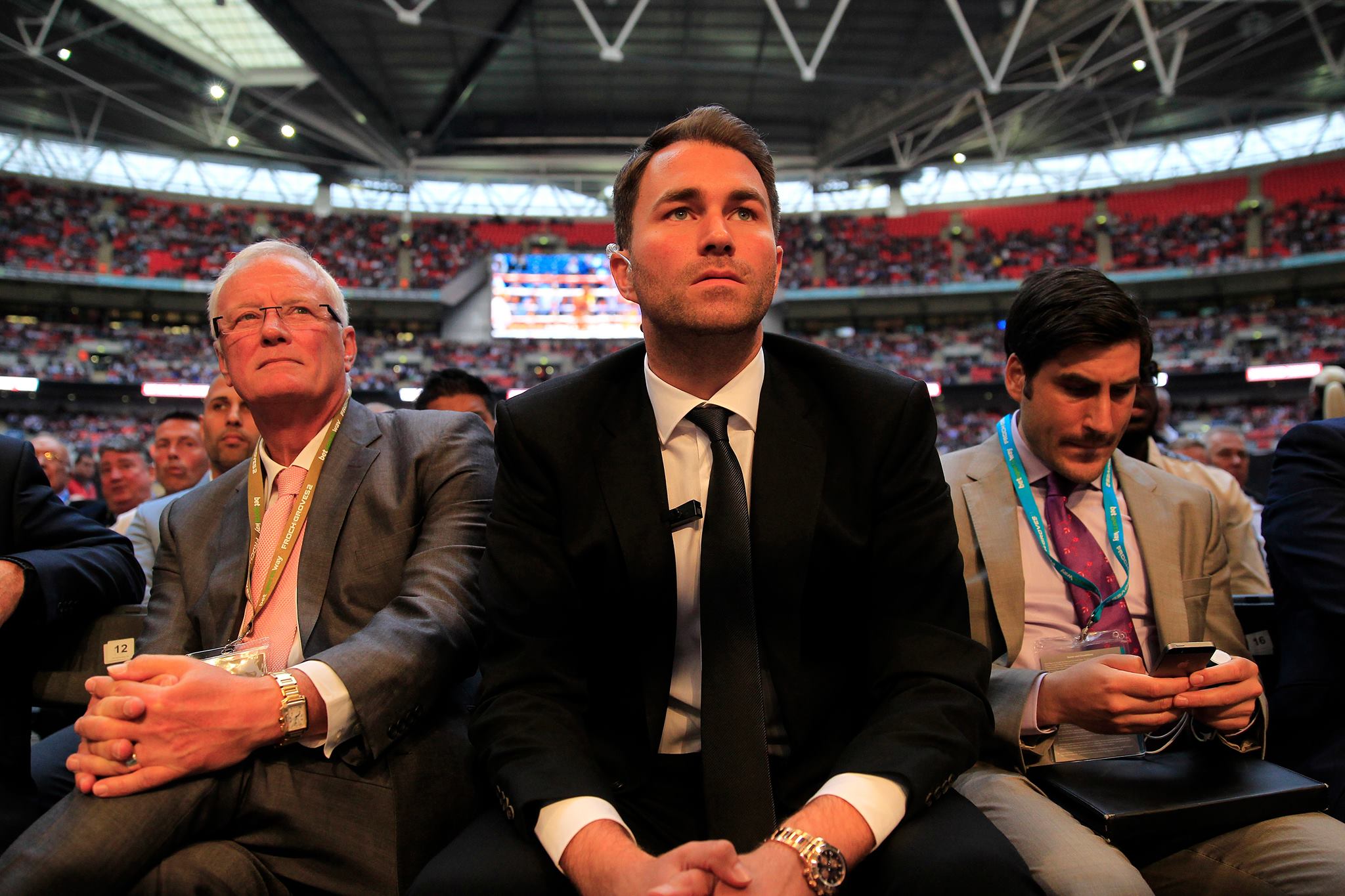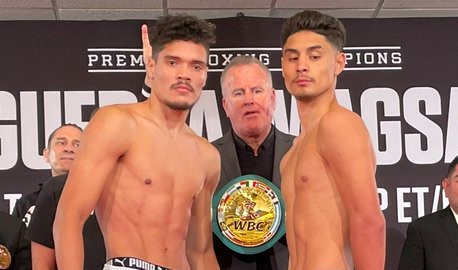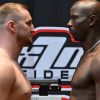Henry Armstrong, one of the greatest fighters ever
By Tom Donelson
Between 1937 and 1938, Henry Armstrong was the greatest fighter ever. He won 27 fights in 1937 with 26 KO’s and then won 14 more fights in 1938 with 10 ending in knock outs. In addition, he won the featherweight, lightweight and welterweight championship. Three titles held simultaneously. No fighter has ever done that before or since.
Born in Mississippi in 1912, Armstrong moved to Saint Louis at the age of four. Armstrong style was perpetual motion, throwing punches from all angles and never stopping. His slow heartbeat allowed him nearly unlimited endurance as he wore his opponents out while punishing them.
When he failed to make the 1932 Olympic squad, Armstrong turned pro. (Interesting, he actually fought two pro fights under the name Melody Jackson in 1931 while fighting as an amateur.) Armstrong lost three of his first four professional fights; a rough start for one of boxing’s greatest pound for pound. Going into the 1937, Armstrong was 52-10 with six draws. He did have win over four top ten featherweights but he was not yet a Hall of Fame fighter.
The streak began in 1937 as he went through the featherweight division and the year culminated when he stopped Petey Sarron in the sixth round for the undisputed featherweight title on October 29th. In 1938, Armstrong continued as he dominated the featherweight division. On May 31st, Henry Armstrong fought Barney Ross, a slick boxer, for the welterweight championship. Armstrong dominated the fight. The first three rounds were even but by the fourth, Armstrong style wore on the champion. The fight became a massacre, as Ross face was a bloody mess. Ross’ corner wanted to stop the fight but Ross beseeched them to allow him to continue. The referee Arthur Donovan went to Ross’ corner but Ross pleaded with the third man in the ring. Ross, who had never been stopped, was determined to finish on his feet.
Armstrong, respecting his rival, carried Ross for the last three rounds of the fight. “How are you feeling?” Armstrong asked Ross in the 13th. Ross barely replied, “I’m dead.” Ross leaned on Armstrong and Armstrong told Ross, “Just shoot your left but if you shoot your right, you’re dead!” Armstrong allowed Ross to finish his last fight on his feet.
On August 17th, He relieved Lou Ambers of his lightweight title through a 15th round decision. This fight was bloody affair. Armstrong knocked Ambers down in both the fifth and the sixth round. Ambers cut up Armstrong left eye and mouth. Swallowing blood, Armstrong continued to fight and managed to win a split decision.
After defeating Ambers, Armstrong defended his welterweight title by beating future middleweight champion Ceferino Garcia. When he faced Lou Ambers one year later, he had won 46 straight fight but Ambers regained his championship. Ambers dominated this fight by closing Armstrong eyes and Armstrong lost points due by delivering low blows. The streak ended but Armstrong continued to defend his welterweight title eight more times before fighting Garcia for the Middleweight title. On March 1, 1940, the fight took place in Los Angeles.
The fight was close. Most ringside observers felt that Armstrong deserve the victory but the judges ruled it a draw. Garcia kept his title by a whisker and Armstrong was denied a Middleweight crown.
From this point, Armstrong career started to go south. Armstrong straight ahead style and the number of fights he competed in took its toll. Fritzie Zivic dethroned Armstrong as the welterweight king and then stopped Armstrong in the rematch three months later. Eventually Armstrong would beat Zivic after both were no longer champions two years later.
From this point, Armstrong was still a good fighter but he lost his edge as a championship fighter. At the end of his career, he could still beat top ten competition but the glory days were long past.
After his fighting days, Armstrong fought his strongest foe, the bottle. Armstrong overcame alcoholism and found God. After winning his battle with alcoholism, he became an ordained Baptist minister. As a minister, he spoke to huge crowd and reached many with his insight and words. He also continued in the sweet science as he taught a new generation of boxers in the Herbert Hoover boys club in Saint Louis. Armstrong contribution to both his sport and humanity continued long after he left the ring.


















